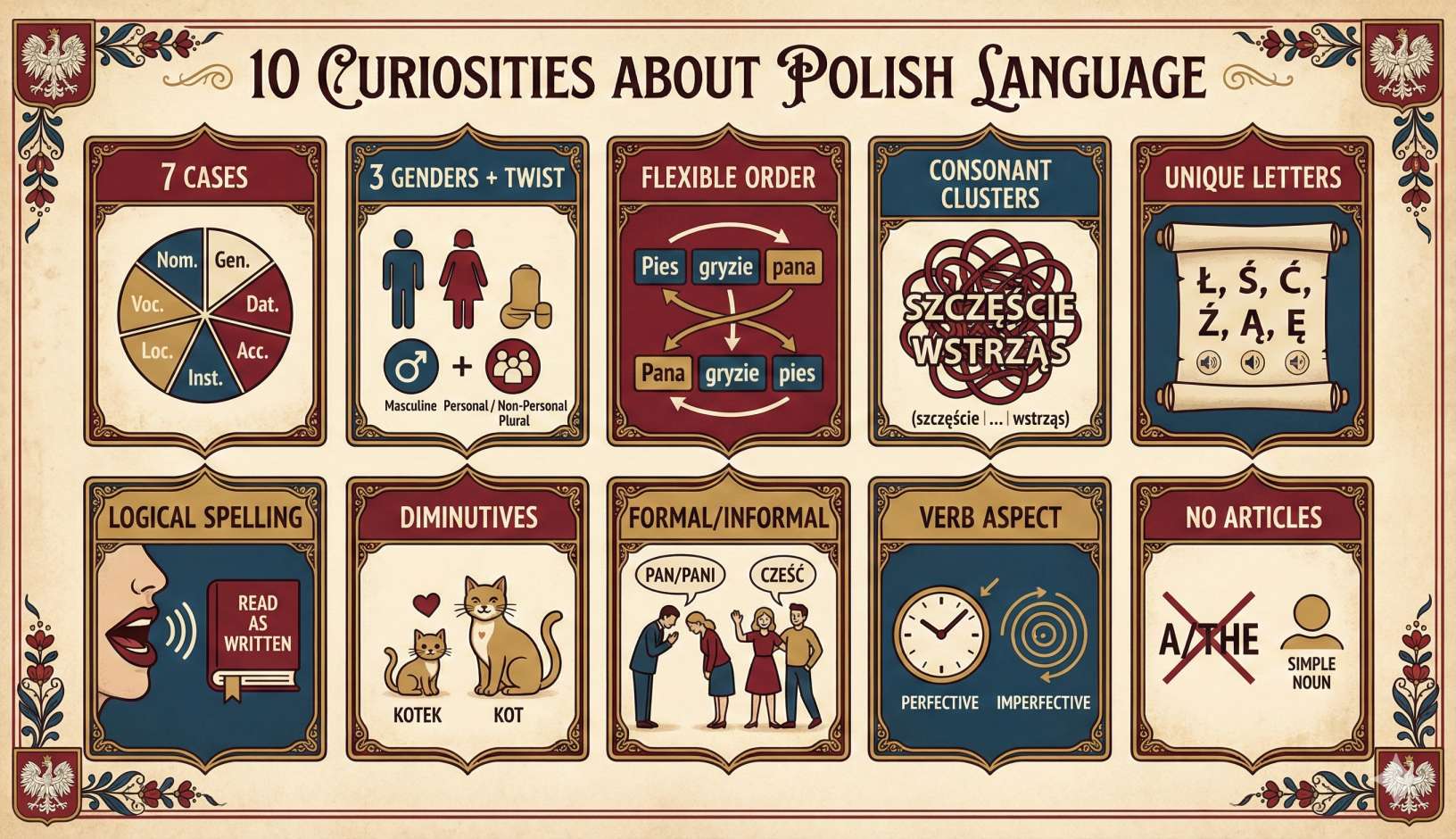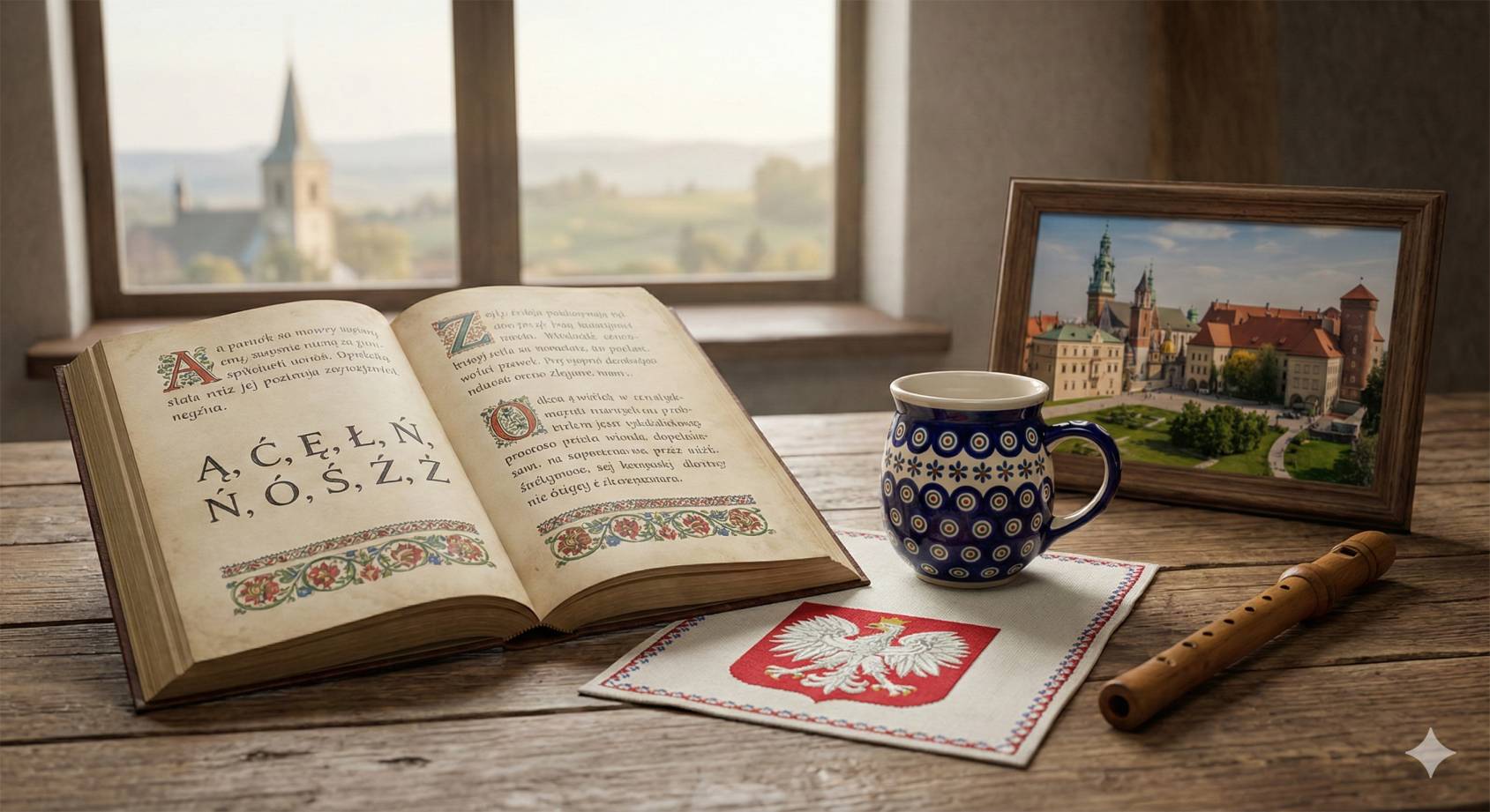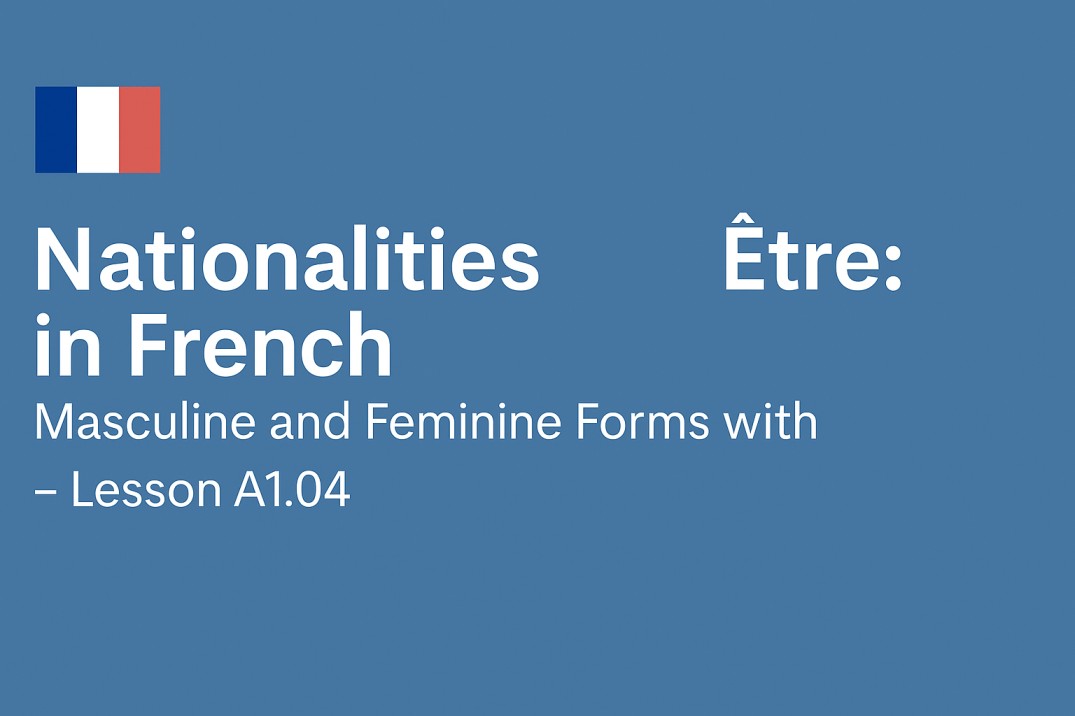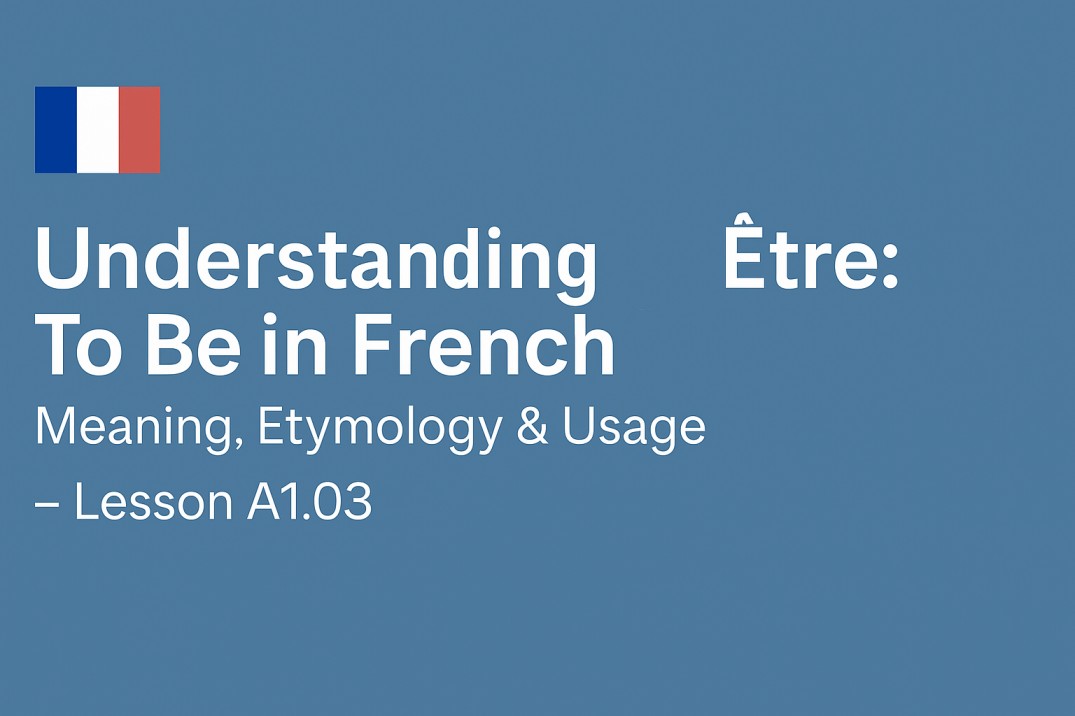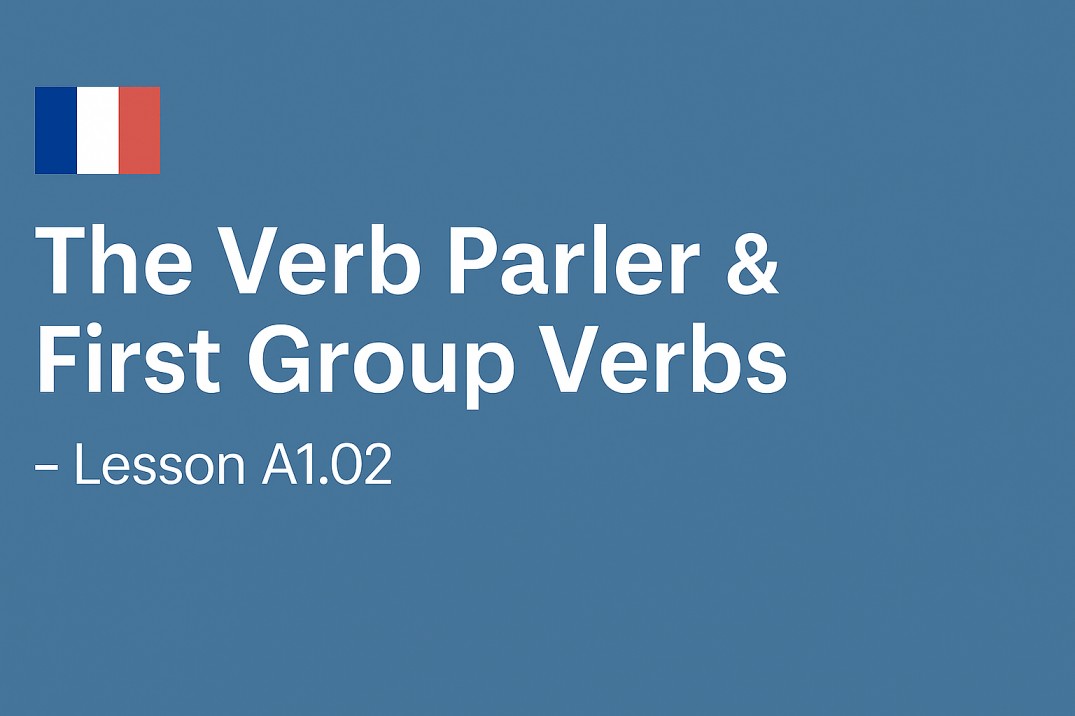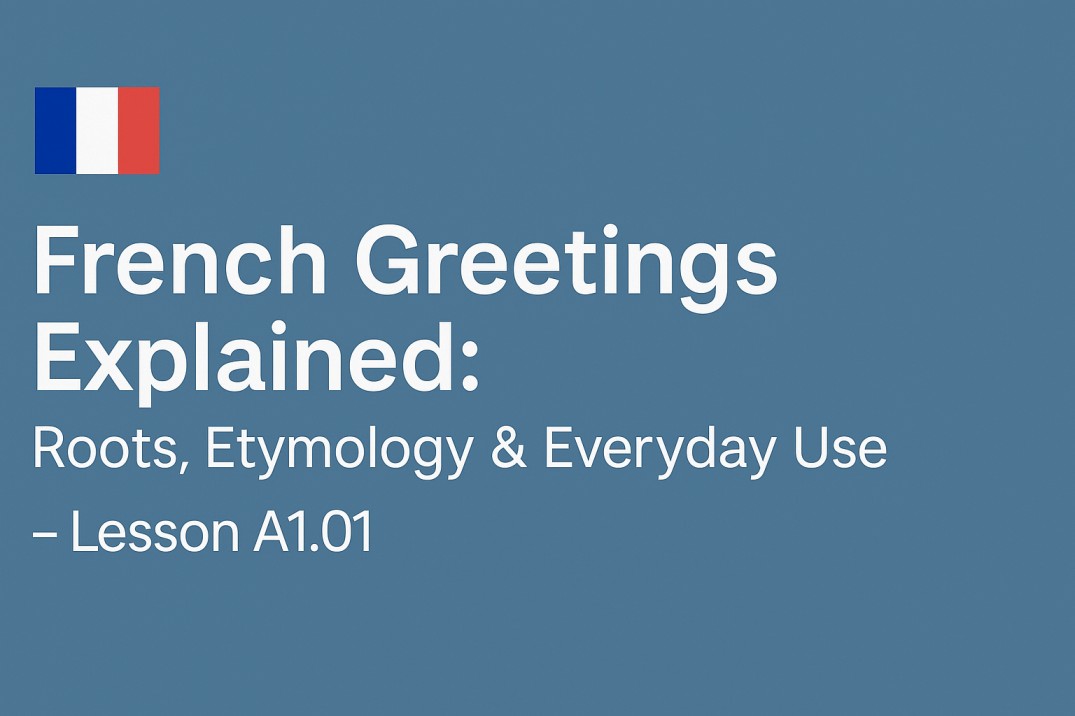10 Curiosities About the Polish Language
Polish is one of Europe’s most distinctive and expressive languages. With its seven grammatical cases, unique sounds, and rich system of verb forms, it offers both challenges and fascinating discoveries for learners. Explore ten linguistic curiosities that reveal the logic, culture, and personality behind the Polish language.

